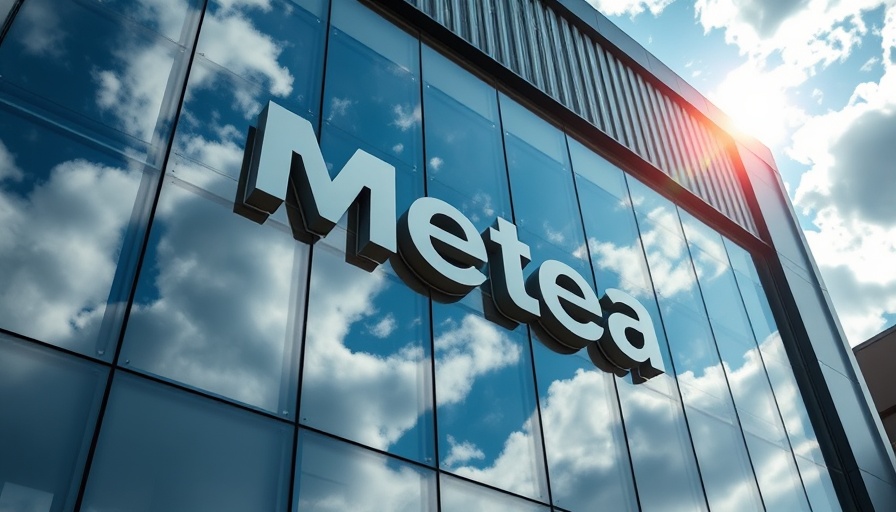
Meta's Actions Reflect a Growing Trend in Social Media
In a move that echoes recent decisions made by YouTube, Meta is stepping up its game against unoriginal content. Mark Zuckerberg's company announced it will enforce stricter measures on Facebook, targeting accounts that repost material without significant edits or permission. This shift aligns with broader efforts across social media platforms to combat the burgeoning issue of content farms that profit from the mass reproduction of others' work.
Understanding What Counts as Unoriginal Content
Meta's policy outlines clear guidelines for what it deems as unoriginal content. According to company representatives, posts become problematic when creators recycle videos, photos, or text from other users without adding authentic input. This perspective is shared by YouTube, which emphasizes the distinction between transformative content—like commentary and reaction videos—and mere reposts with no added value. Essentially, original creators are encouraged to maintain their unique voices while ensuring that the content they share enriches the viewer's experience.
The Impact of AI and Automation on Content Creation
Interestingly, neither Meta nor YouTube has categorically banned AI-generated content. However, their latest updates seem to address the flood of low-quality, automated content that adds little to the audience's knowledge or enjoyment. Both companies support the creative use of AI tools, provided they lead to original products infused with personal insights or educational value. The intent is clear: platforms are looking to elevate authentic storytelling and creative engagement, pushing back against uninspired compilations or mechanical productions.
What This Means for Content Creators
The announcements from both Meta and YouTube reinforce the importance of originality in content creation. This shift is particularly beneficial for creators who engage in reaction videos, commentary, or curated media that incorporates meaningful additions. As spammy accounts face reduced visibility, original creators may see an increase in their reach and engagement, highlighting the potential for more genuine connections with their audiences.
The Broader Context of Content Moderation on Social Media
Meta's recent actions are not isolated occurrences; they represent a significant trend in the social media landscape. Platforms have increasingly acknowledged the negative impacts of unoriginal and low-quality content, fostering environments where creativity and authenticity can thrive. By implementing measures that favor original content creators, these top platforms are collectively reshaping what it means to be a content creator in today's digital age.
As we move forward in this evolving landscape, content creators must adapt to these changes, ensuring their contributions are not only original but also engaging. By doing so, they can secure their places in the increasingly competitive social media sphere.
 Add Row
Add Row  Add
Add 




Write A Comment